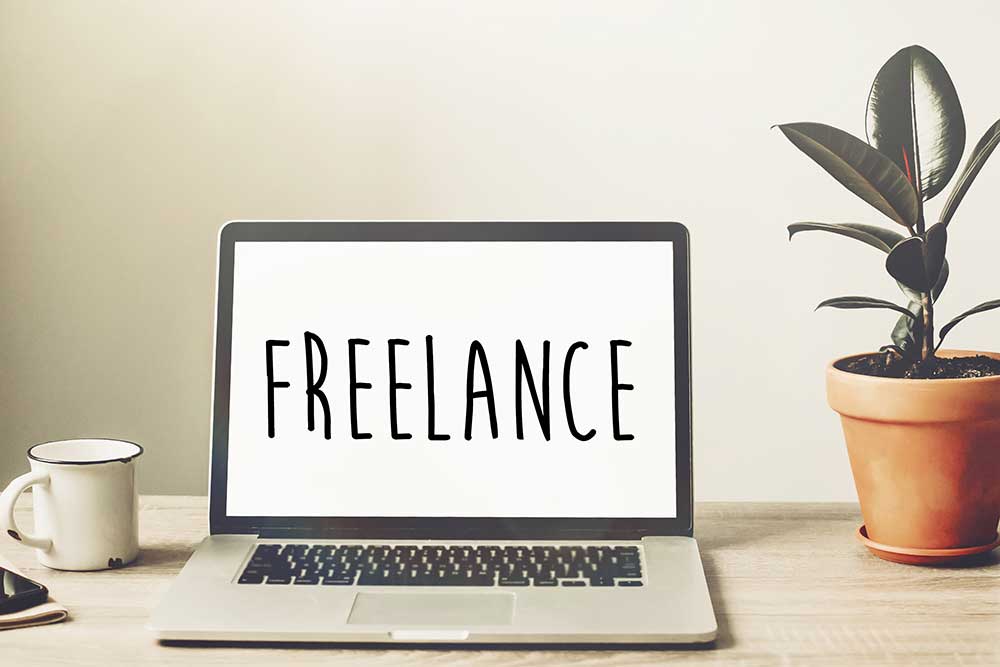
Why experience may be your secret weapon when starting a new business
For many around the UK, the ordinary living wage simply is not enough any more. With rises...read more
A new IPSE survey shows the impact Covid has had on freelancers’ mental health.

The proportion of freelancers reporting mental health issues has risen by over 200 per cent during the pandemic, according to a new survey.
The survey of 622 freelancers by IPSE (the Association of Independent Professionals and the Self-Employed), found the number of freelancers reporting suffering from poor mental health rose from 6 per cent of all freelancers to 20 per cent during the pandemic. More than half of all freelancers (52%) also said their mental health had deteriorated during the pandemic.
Of the freelancers who reported having poor mental health, nearly three out of four (71%) said this manifested itself in anxiety or depression. More than two thirds (69%) of those with poor mental health also said they had had an increase in negative thoughts. Another 77 per cent said they had reduced energy levels while 71 per cent said they had difficulty sleeping. IPSE says this translates to at least one in seven (14%) of all freelancers experiencing depression, anxiety, trouble sleeping and/or an increase in negative thoughts.
Of those freelancers who reported poor mental health, three out of five (61%) said they had struggled to concentrate on work, 60 per cent said they had experienced reduced productivity and one in seven (14%) even reported having to delay or cancel projects.
IPSE says reasons for the steep rise include financial worries. Three out of five freelancers (60%) said the pandemic had had a negative impact on their businesses.
Lack of government support may also have played a part, says IPSE, given more limited company directors (who were excluded from the SEISS grant scheme) reported a deterioration in their mental health than sole traders: 62 per cent compared to 54 per cent respectively.
IPSE has devised four recommendations for government to tackle the mental health crisis among freelancers, including ensuring flexible and fair Covid support as the country emerges from lockdown, mental health support tailored to freelancers, promoting co-working spaces with business rates relief and encouraging clients to support freelancers’ mental health.
Chloé Jepps, Head of Research at IPSE (the Association of Independent Professionals and the Self-Employed), said: “The hidden cost of the pandemic is the toll it has taken on people’s mental health. And for freelancers, who took a disproportionate hit because of their exposed position in the economy, this toll has been particularly high.
“We all know the lockdowns and the sheer tragedy of the pandemic have been bad for mental health across the board, but a 200 per cent increase in poor mental health is shocking evidence of just how exposed the self-employed community is. It is also telling and concerning that the sharpest hit to mental health is among limited company owners, who were largely excluded from support.
“As this research shows, poor mental health not only leads to a rise in conditions such as anxiety and depression; it also leads to problems with freelancers’ work and livelihoods. This is something that both freelancers themselves and government need to address. While freelancers should take time to consider and improve their mental health, government should also raise awareness about this issue and incentivise client businesses to support their freelancers’ mental health needs.”